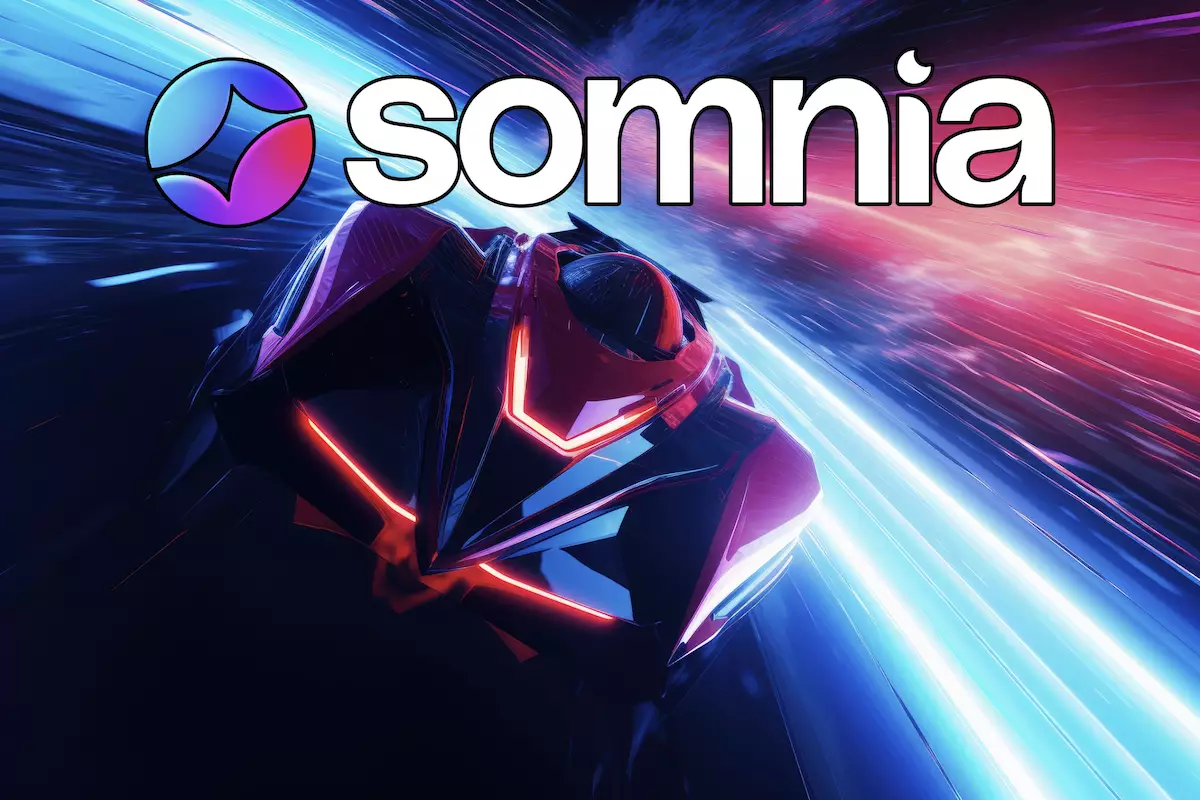The world of gaming is on the brink of a massive transformation, largely driven by advancements in blockchain technology. Among the contenders aiming to lead this shift is Somnia, a Layer-1 blockchain distinguished by its exceptional focus on high-demand consumer applications. With the ambitious objective of onboarding millions of conventional gamers into the blockchain ecosystem, Somnia offers powerful attributes that place it at the forefront of this transition.
Somnia’s robust architecture enables it to manage over 400,000 transactions per second (TPS), a benchmark that ensures seamless gameplay and mitigates common issues associated with traditional blockchains, such as lag and unnecessary fees. This capability promises to provide a reliable foundation for gaming experiences that rely on rapid, responsive interactions, laying the groundwork for a new standard in the industry.
A key aspect of Somnia’s strategy revolves around nurturing innovation through financial support. The introduction of a $10 million grant program serves as a catalyst for creative teams to develop new games and applications within its network. This initiative not only incentivizes talent but also provides crucial resources that can transition initial concepts into fully realized projects.
The implications of this funding are monumental: it can spark the creativity of developers who may have previously encountered obstacles in managing their projects due to financial constraints or limited resources. With this backing, Somnia ensures that a diverse array of gaming experiences can emerge, enriching the overall ecosystem while boosting engagement among players.
One of Somnia’s standout features is its emphasis on “reactive” applications, which allow games to autonomously respond to both real-world and on-chain happenings. This functionality eliminates the need for developers to utilize off-chain systems, streamlining the coding process and maintaining the core principles of decentralization. By integrating built-in events, timers, and mechanisms for verifiable randomness, Somnia significantly lowers costs for developers, creating a more efficient development environment.
This seamless integration of on-chain capabilities holds the potential to revolutionize not just gaming, but also other realms such as predictive markets and event-driven advertising. As a result, developers can unleash their creativity with dynamic applications that fully embrace the possibilities of blockchain technology.
The potential of Somnia’s infrastructure lies not just in speed but also in the experiences it can host. With the ability to support rapid transaction times and sub-cent fees, developers can dare to dream bigger. They can create expansive virtual universes with enhanced graphics and immersive storylines, capturing players’ imaginations like never before.
The core objective for Somnia is to break the boundaries that have historically limited blockchain gaming. As highlighted by Paul Thomas, the founder of Somnia, the technology has routinely hampered the creative output of developers. With Somnia, there exists a renewed optimism that the tools now available will enable the emergence of thrilling, scalable games that resonate with the gaming community.
Understanding the challenges that developers face in the blockchain space, Somnia offers in-house engineering support that addresses a range of needs—from the fundamentals of game development to intricate decentralized application (dApp) design. This hands-on approach not only simplifies the onboarding process but also fosters a collaborative environment where developers feel supported and empowered.
Moreover, the $10 million grant initiative aligns seamlessly with this support. By granting designers resources that encompass technical guidance and financial backing, Somnia paves the way for innovative on-chain applications to flourish.
As Somnia positions itself to usher in a new era of blockchain gaming, its strategies and technological advancements suggest a bright future. By emphasizing speed, scalability, and collaborative development, Somnia effectively addresses the pain points that have hindered previous attempts to integrate gaming into the blockchain space. With its commitment to fostering creativity and innovation, Somnia is not merely a participant in the gaming landscape but a game-changer, setting the stage for transformative experiences that delight players and developers alike. The realm of Web3 gaming is poised for remarkable growth, and Somnia stands at the forefront of this exciting journey.

